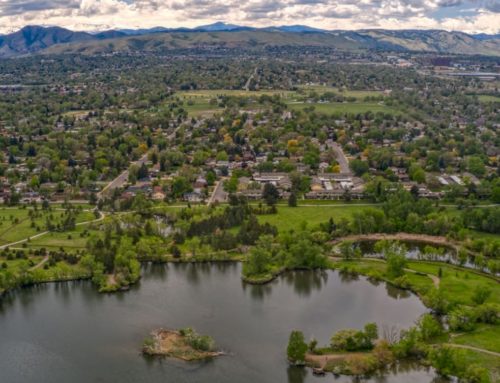The City of Vancouver, Washington is often referred to as the southern gateway to the State of Washington. Located along the Columbia River just across from Portland, Oregon, the City boasts diverse recreational opportunities, a wealth of culinary delights, and unique libations to satisfy the most discerning palettes. The City government builds and repairs roads, maintains water and sewer service, and provides fire and police protection. They also work diligently to create vibrant parks and recreation programs, administer land use policy, and take an active role in Vancouver’s commercial and industrial development.
Like many other cities, Vancouver’s GIS grew slowly to satisfy the unique needs of specific departments. GIS expertise varied widely. Public Works and Public Safety found it especially necessary to acquire GIS tools and GIS staff. Pockets of success could be found throughout the City, but there was no effort to ensure that GIS was advancing in an organized and optimal manner. City leaders decided that they needed a written plan to define a common and unified vision and to establish a framework for City departments to efficiently and effectively use and improve the use of GIS technology.
After a competitive bid process, the City selected Geographic Technologies Group (GTG) to conduct a GIS Needs Analysis and create a Strategic Plan. Curt Hinton, President of GTG, states, “We were very excited to work with the City. They had experienced GIS success but needed to identify a strategy to move forward and guarantee longevity of the program. Our work with hundreds of agencies across North America allowed us to identify a variety of strategies that ensured buy-in for the five-year plan.” GTG focused on identifying how an enterprise-wide GIS should be governed, the best software and hardware platform, a training and education strategy, and integration with various existing technologies.
Mr. Hinton noted, “The presentations to senior management were the key element of this project. It was critical to articulate the value proposition of GIS in such a way that it was easy for the City leaders to adopt the plan. Showing how GIS aligns with and supports the City goals was imperative.” The City moved forward with the proposed 5-year plan and has already begun to implement the findings to include the creation of a GIS Manager position and re-platforming the GIS.
The City elected to further engage GTG to study their mobile data management needs. Every department was analyzed in regards to mobile technology, AVL technology, and other mobility needs. RFP-ready recommendations were created after the needs were identified. Mr. Hinton explains, “Every city or county we work with soon realizes that their needs are not just GIS, but also other geospatial technologies. Integration with IT systems and ensuring that geospatial mobility is optimized are key ingredients to geospatial success.”
The City of Vancouver is rapidly becoming one of the most advanced geospatial cities in the Northwestern United States. They are systematically implementing their five-year plan, which will enable all staff and the residents with innovative and easy-to-use solutions. The “Gateway to the State of Washington” is becoming the “Gateway to Geospatial Enablement and Innovation.”
To learn more about GIS Strategic Planning, visit GISPlan.com.






